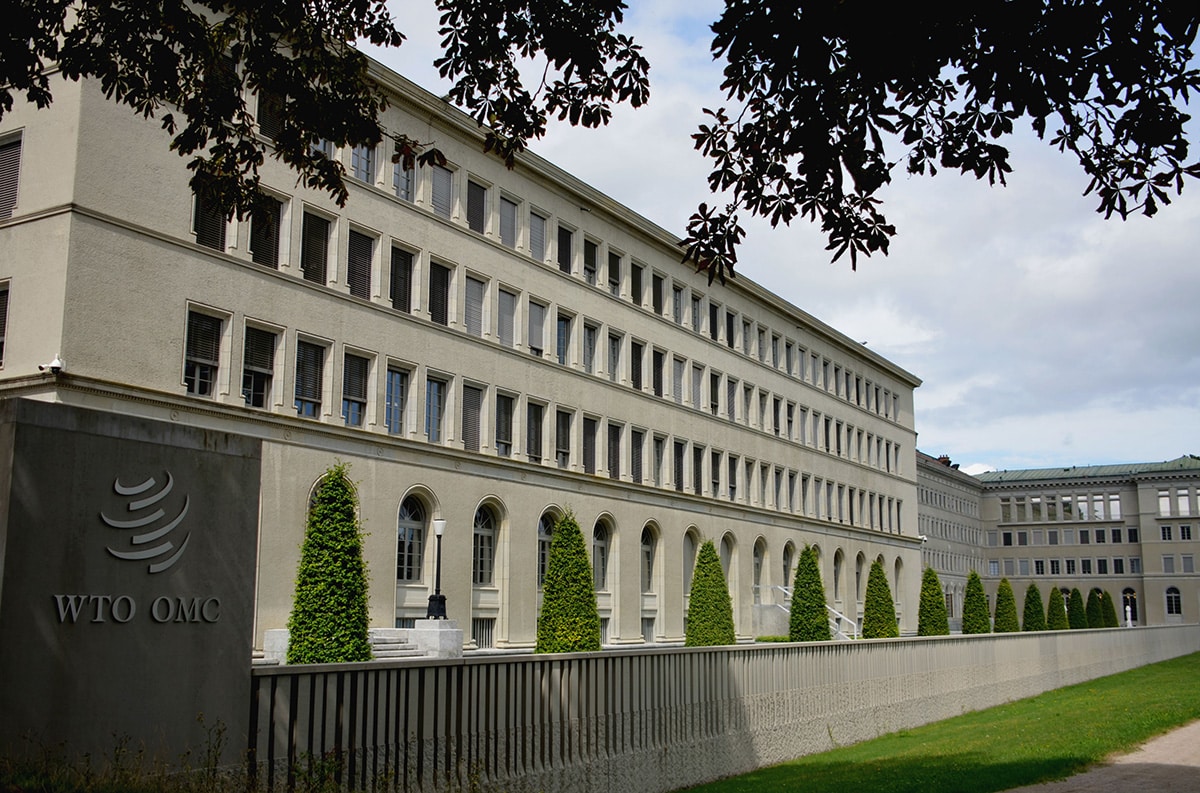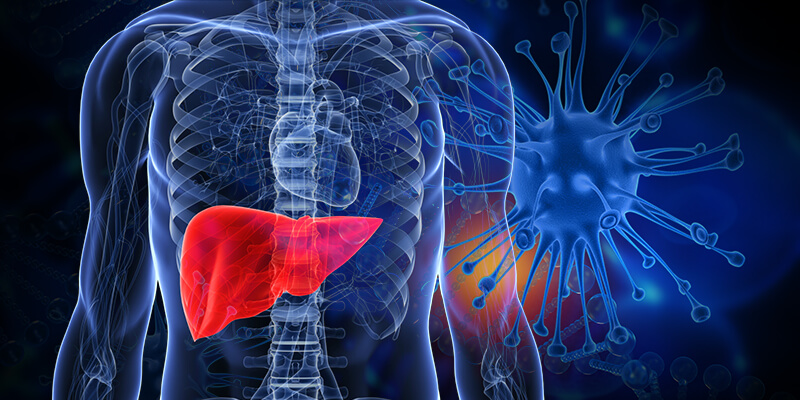On Oct. 2, India and South Africa proposed that member states of the World Trade Organization be able to waive patents and intellectual property rights to items for the “prevention, containment, or treatment of COVID-19.” Such items may include vaccines from Pfizer and Moderna, which are currently on the way to becoming available.
The proposal is backed by United Nations agencies UNAIDS and UNITAID, as well as humanitarian organizations like the Drugs for Neglected Diseases Initiative and Medecins Sans Frontieres. MSF called drugmakers’ attempts to keep control of the vaccines — despite receiving billions in taxpayer funds — “corporate profiteering.”
But the waiver still met opposition from developed countries, including those that subsidized much of the vaccine research efforts. During the Oct. 16 discussion on the proposed waiver, the EU argued that a vaccine rollout to developing countries is not an IP rights (IPR) issue.
“While we agree that maintaining continued supply of such medicines and technologies is a difficult task we all face, non-efficient and underfunded healthcare and procurement systems, spike in demand and lack of manufacturing capacity or materials are much more likely to have an impact on the access to those medicines and technologies,” went the EU statement. It also noted the complex nature of vaccine development, and how IPR serves as a main economic incentive for such work.
The EU is among the governments of high-income countries with billion-dollar deals already in place with pharmaceutical companies, guaranteeing vaccine doses as soon as December.
But South Africa says such bilateral deals are only “enlarging chasms of inequity” — far from a collaborative response to a global pandemic. It maintained that IPR is a major obstacle to many countries’ access to COVID-19 vaccines.
In a response issued Nov. 20, South Africa highlighted the case of remdesivir, a Gilead therapeutic formerly seen as a potential treatment for coronavirus. The drug is patented in over 70 low-and middle-income countries, meaning generic alternatives are prohibited until 2031. South Africa called out Gilead for signing secretive voluntary licenses in select countries, denying affordable generics to nearly half the world’s population.
South Africa expects similar IPR issues to play out for proven, much-needed COVID-19 medicines, regardless of drugmakers’ pledges to boost access during a crisis. “The global pandemic response cannot be dependent on the possibility of such ineffectual, ad hoc announcements;” the statement referred to Moderna committing to share its relevant patents during the pandemic — a pledge Pfizer has not made.
Both companies are expected to make $13 billion apiece next year from selling their COVID-19 vaccines.






